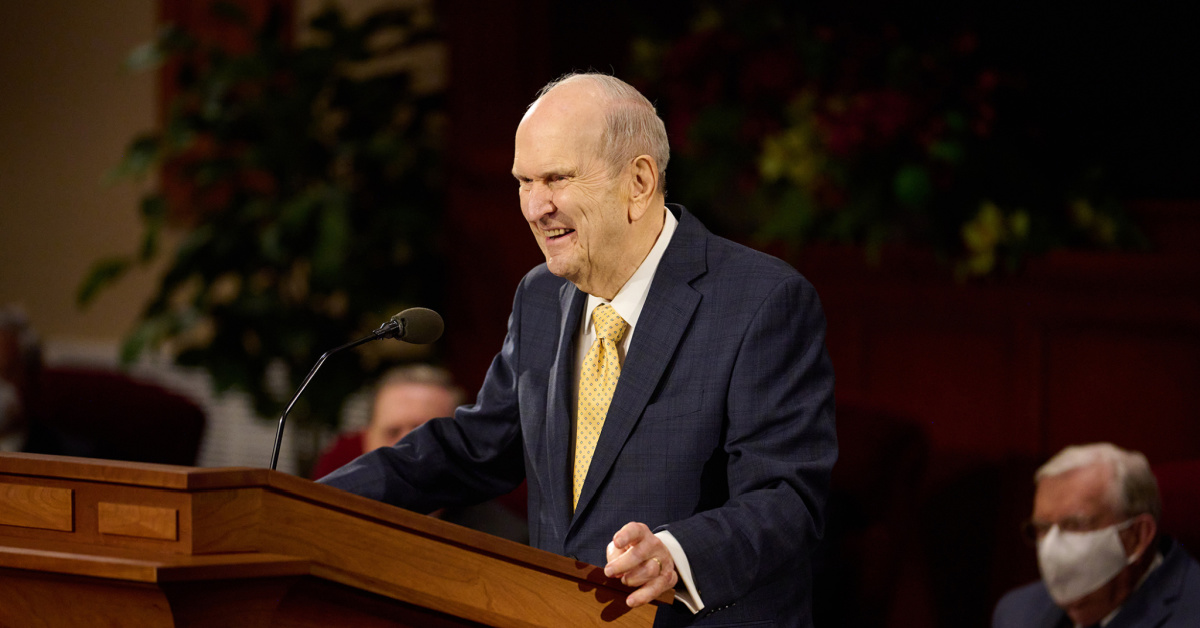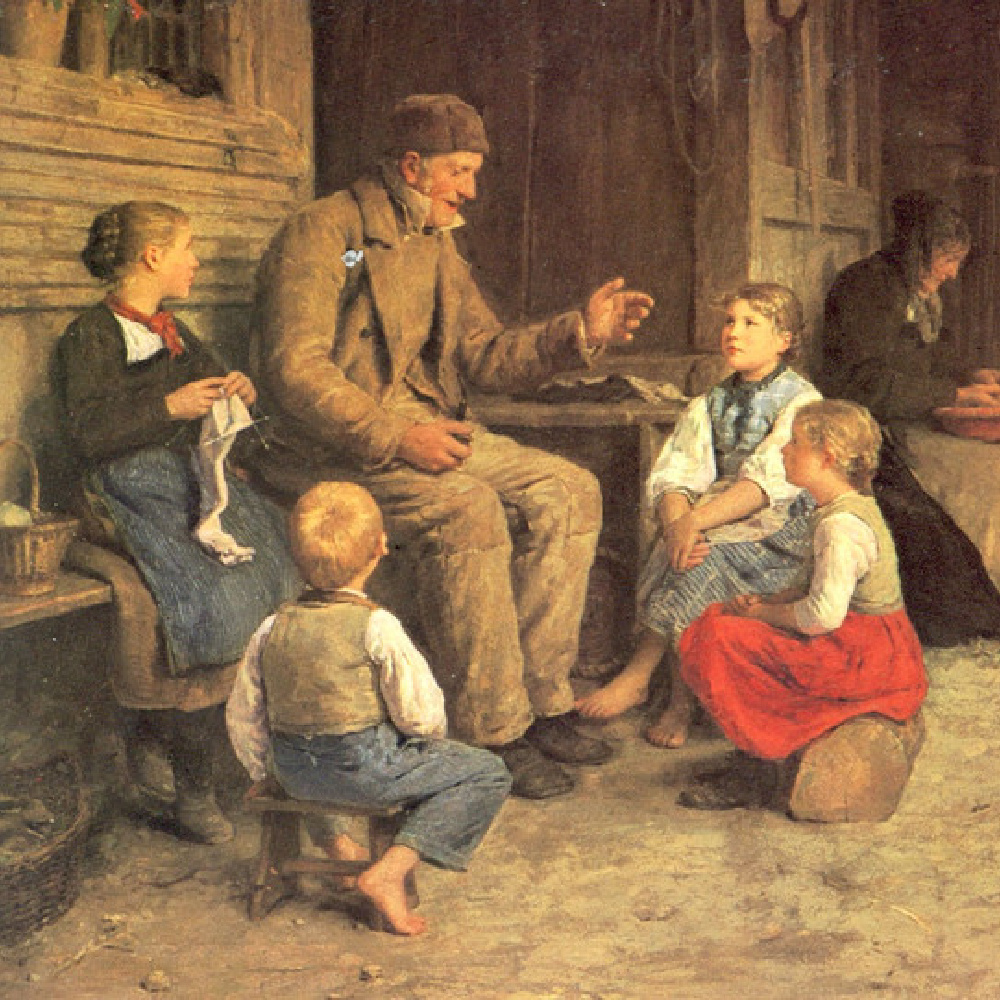
Ambition and Faith in The Church of Jesus Christ
Are church leaders power-driven? The leadership model focuses on sacrifice over personal ambition.

Are church leaders power-driven? The leadership model focuses on sacrifice over personal ambition.
Elder Patrick Kearon was born on July 18, 1961, in Carlisle, Cumberland, England. He married Jennifer Carole Hulme in January 1991 and they have four

Remembering the life of M. Russell Ballard through the impact he had on several of our editors, authors, and friends.

When prophets have spoken unanimously and consistently, a “stupor of thought” is far more likely indicative of resisting truth than signaling enlightenment to see beyond it.

We just finished another worldwide conference of The Church of Jesus Christ of Latter-day Saints. What stood out to those of us who had a chance to listen?

With great precision, a surgeon can miraculously repair a part of our body that is throbbing in pain. Could the same thing sometimes be needed for aching stories we carry around that simply aren’t true?

Some have accused American faith communities of rising in opposition to abortion only in recent decades—and largely as a political ploy. No one can honestly make that claim about Latter-day Saints.

Latter-day Saints aren’t the only ones reenacting transcendent stories through symbolic, experiential pedagogy. But we may be unique in relishing these stories as God’s exalting truth.

Many believers have distanced from sacred conviction in order to be “neutral” researchers – without recognizing the alternative worldview they are embracing. There is a better way.

It’s common to see people focus almost exclusively on advocating “love” or defending “truth” in the LGBTQ+ / Latter-day Saint conversation. It’s far less common to see people holding both – a practice that involves a lot more stretching, discomfort, and potential breakthroughs for us all.

Ben chats with a couple great friends about our favorite talks, lessons, and miracles from General Conference!

This last weekend, we participated in our semiannual General Conference, listening to the leaders of The Church of Jesus Christ of Latter-day Saints. Here are some themes that stood out to our staff.